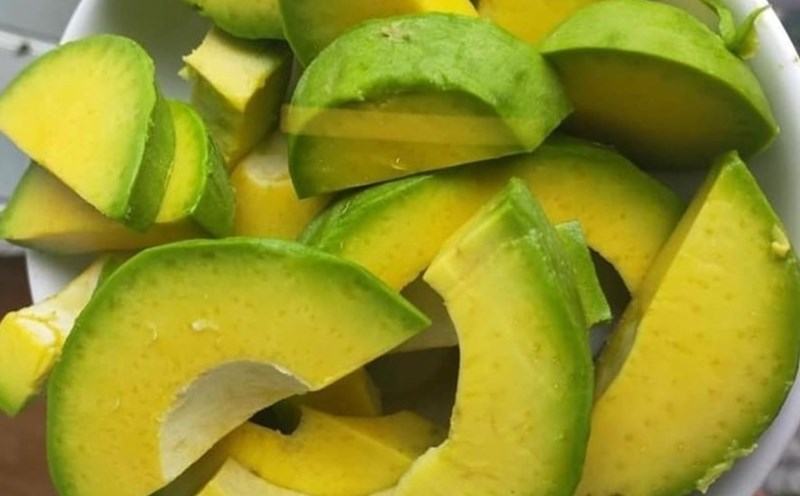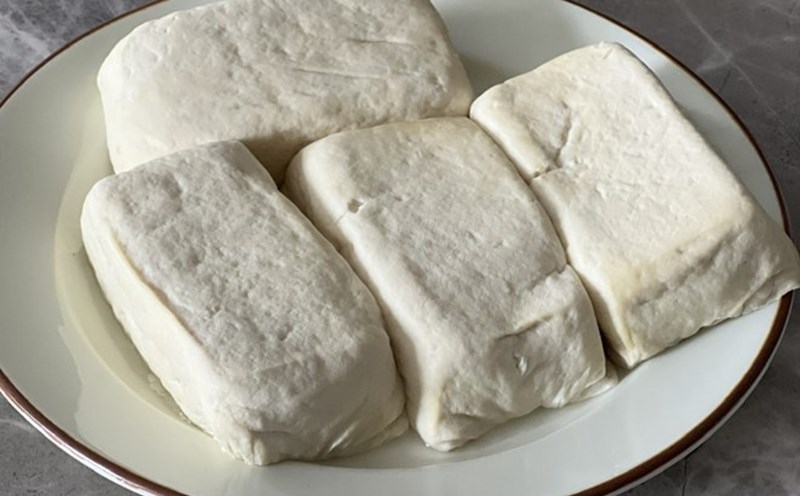According to the International Osteoporosis Federation (IOF), the Mediterranean diet - with its basis of vegetables, fruits, fish, olive oil, whole grains and yogurt - brings long-term benefits to bone health, reduces the risk of fractures and slows down bone loss over time.
Fatty fish (such as salmon, sardines, mackerel)
Fatty fish is a source of vitamin D and natural omega-3 fatty acids, which play an important role in increasing calcium absorption, regulating bone minerals and fighting inflammation in bone tissue.
A study published in the American Journal of Clinical Nutrition (2023) that followed more than 1,200 menopausal women for 5 years showed that the group that ate fish at least 3 times a week had a 4-6% higher density of thigh bones and spine than the group that ate less than once a week.
Suggestion: Grilled, steamed fish or tomato on a Mediterranean-style steamer is a delicious and easy-to-digest choice.
Whole olive oil
Olive oil is rich in polyphenols and monounsaturated fats, which help fight inflammation, protect bone-forming cells (osteoblasts) and reduce the effects of oxidative stress, a factor that causes bone degeneration with age.
One of the large-scale studies in Spain shows that men who supplement 50ml of extra virgin olive oil per day for 2 years have a significant increase in bone mineral density, especially in the thighs and hips - a facility for fractures in the elderly.
Suggestion: Use olive oil to mix salads, spread on whole wheat phi on or lightly stir-fry vegetables.
Dark green leafy vegetables (such as spinach, kale, broccoli)
Green vegetables are a source of plant calcium, vitamin K, magnesium and folate, which are necessary for the formation and maintenance of strong bone structure. Vitamin K especially helps activate osteocalcin - a structural protein of bones, thereby increasing the ability to mineralize bones.
People who consume green vegetables at least 5 portions/day have a 23% lower risk of osteoporosis and a significantly reduced risk of fractures than those who consume low.
Suggestion: Eat stir-fried vegetables with garlic, steam with fish or mix olive oil and nutrients to increase vitamin absorption.
Greek yogurt
Greek yogurt is a natural source of calcium, protein and probiotics, which help maintain bone mass, improve the digestive system and support better mineral absorption. In particular, the protein in yogurt helps maintain muscle and bones at the same time, thereby reducing the risk of falls and fractures in the elderly.
Older adults who consume 1-2 jars of Greek yogurt per day have a 30% lower bone loss rate and less joint pain than those who do not use it regularly.
Suggestion: Eat unsweetened yogurt with walnuts, chia seeds or low-sugar fruits such as blueberries, kiwis.











